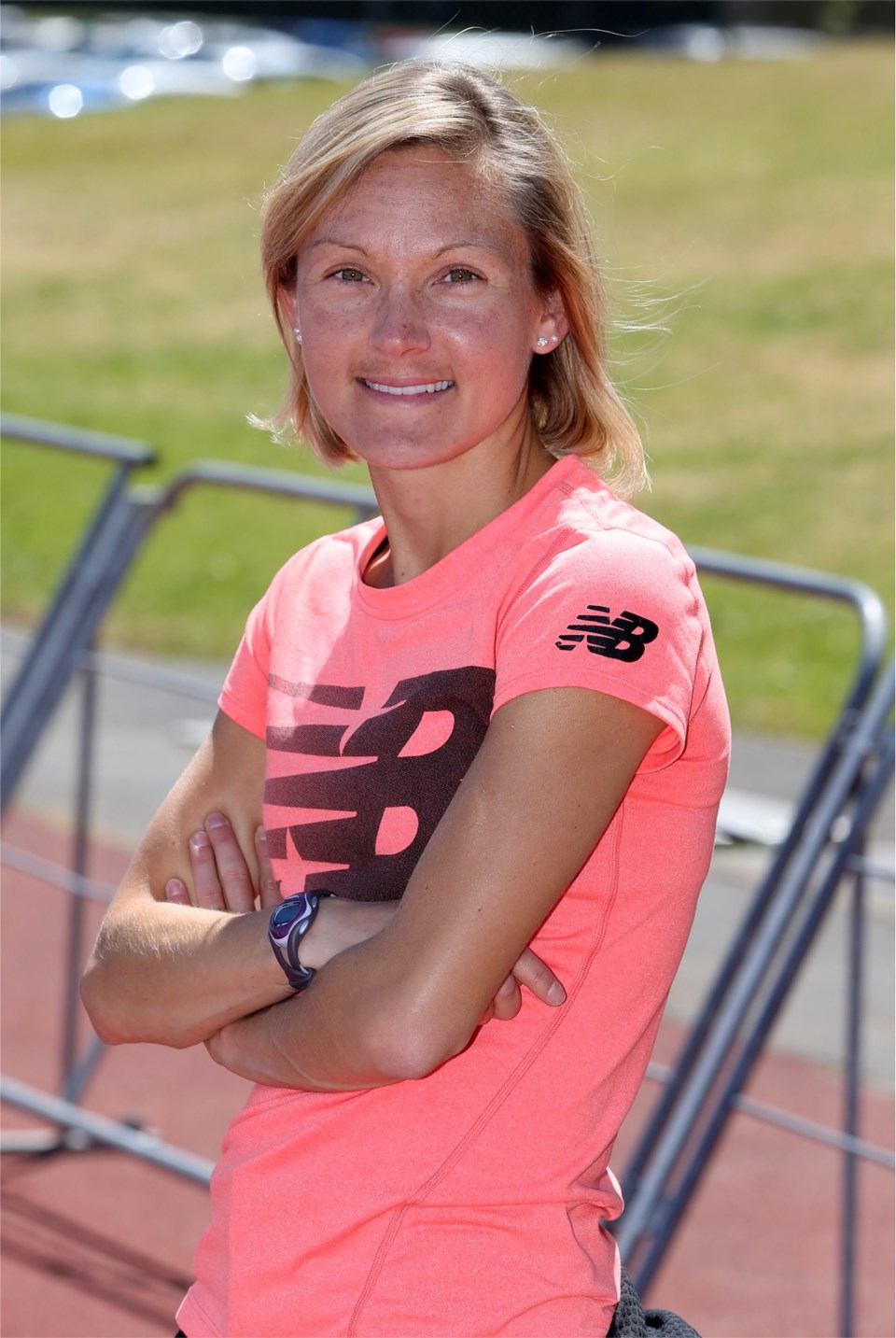The Island’s many Olympians watched with interest, and some relief, this week as the IOC brought the hammer down on Russia’s systemic doping system by banning the country from the 2018 Pyeongchang Winter Games.
But the hammer didn’t swing hard enough for some.
Victoria runner Hilary Stellingwerff has moved up to ninth place from 15th in the 2012 London Olympics women’s 1,500 metres after six of the competitors in that event, including three Russians, were subsequently disqualified after their doping test-evasion methods were uncovered.
“I still missed the experience of running in the [12-runner] Olympic final,” said Stellingwerff, of a lifetime memory denied by dopers.
Not only that, but being top-10 in the world would have meant big sponsorship money in track-mad Europe. So doping in sport has cost Stellingwerff in many ways.
“It was frustrating to be competing against athletes who were not clean,” she said.
Stellingwerff, who also raced in the 2016 Rio Olympics, applauds the IOC for making a move, but thinks it should be tougher: “It needs to be harsher and stricter. It’s an important step, but it’s a bit confusing, because Russian athletes will still be competing in the Winter Olympics [under the Olympic banner]. Former dopers could still be competing. We should help clean athletes, not find loopholes for dirty athletes.”
The past is the past and Stellingwerff, 36, has retired from her international running career. But the issue remains of prime urgency for future generations of Canadian athletes. Stellingwerff is especially sensitive to that now as assistant coach of the University of Victoria Vikes track team.
“I want the athletes I coach to be competing in clean and fair sport,” she said.
Meanwhile, the AP reported Wednesday that athletes denied medals by Russian dopers at the 2014 Sochi Winter Olympics will be offered “dignified” medal ceremonies at the 2018 Pyeongchang Games.



